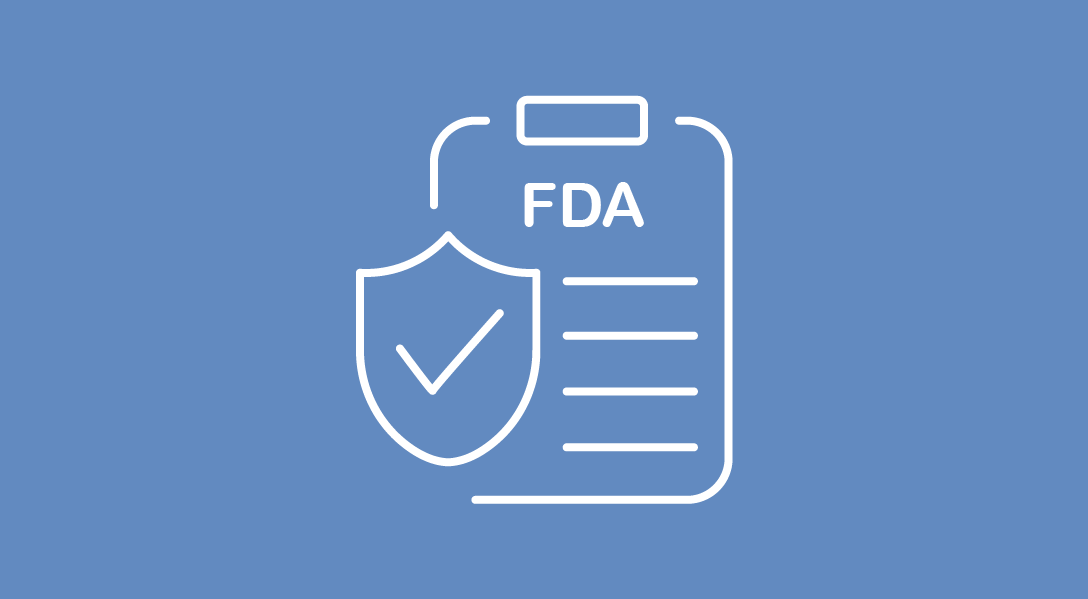FDA Grants Fast Track Status to Dendritic Cell Vaccine for Pancreatic Cancer
The fast track status from the FDA is supported by findings from a phase 1 trial in glioblastoma, which demonstrated the overall survival benefit from DOC1021.
FDA Grants Fast Track Status to Dendritic Cell Vaccine for Pancreatic Cancer

Fast track status has been granted by the FDA to the dendritic cell vaccine (DCV) DOC1021 for pancreatic ductal adenocarcinoma (PDAC), according to a news release from the developer, Diakonos Oncology.1
Support for the fast track status follows phase 1 results demonstrating prolonged overall survival (OS) for patients with glioblastoma who were treated with DOC1021.2 The findings, which were presented at the American Association for Cancer Research Annual Meeting 2024, showed that the median OS had not been reached, with a 12-month survival rate of 88% among evaluable patients with glioblastoma multiforme (GBM) at a median follow-up of 12.9 months. This is a favorable comparison to historical standard of care.
Additionally, of 16 evaluable patients with GBM, 12 (75%) remain alive with no serious treatment-emergent adverse events (TEAEs). Fifty-six percent of patients enrolled with challenging prognoses, including pretreatment progression, advanced age, and subtotal resection status experienced a 7.7-month improvement, historically, in expected OS compared with standard of care.
"Diakonos's unique dendritic cell vaccine has shown encouraging results in treating glioblastoma, a terrible disease with few effective treatments. Pancreatic cancer patients also need additional treatment options," said Daniel D. Von Hoff, MD, professor at the Translational Genomics Research Institute in Phoenix, AZ, and City of Hope, and now on the scientific advisory board for Diakonos Oncology.1
The DECIST trial evaluating DCV treatment for patients with PDAC consists of 6 distinct cohorts.3 Three cohorts consist of autologous dendritic cell (DC) escalation dosing doubling at each dose level. The first cohort’s dosing regimen consists of 0.5 million dendritic cells (DCs), followed by 1 million, and then 2 million DCs. The second consists of 1, 2, and 4 million DCs respectively, and the third consists of 2, 4, and 8 million.
Three additional cohorts consist of equivalent DC dosage across 3 vaccines. Each cohort provides 6, 7, and 8 million DC vaccines 3 times throughout the study period, respectively.
All cohorts receive 3 doses every 14 days. Additionally, all cohorts consist of 3 patients; completion of dosing regimen for all 3 patients within 1 cohort was required before a new cohort was evaluated.
Patients across cohorts will receive weekly peginterferon alfa-2a at 180 mcg weekly on the first day of vaccination up to 14 days after last vaccination. Vaccines were made from tumor cell lysate and RNA-loaded autologous DCs.
Coprimary end points are maximum-tolerated dose and dose-limiting toxicities. Secondary end points are time to recurrence and OS.
To be eligible for enrollment, adult patients must have completed standard neoadjuvant and/or adjuvant chemotherapy and surgery, completed standard care within 3 months of experimental treatment, and have an ECOG performance of 0 to 2. Additional criteria include adequate kidney, liver, bone marrow, and immune function and negative hepatitis B and C serology.
Exclusion criteria include use of nonstandard adjuvant chemotherapy regimen; female patients who are pregnant, breast feeding, or of childrearing potential without a negative pregnancy test within 28 days of treatment registration; severe or uncontrolled medical condition that could affect study participation, and treatment with a systemic steroid or with any systemic immunosuppressive agent within 7 days of treatment registration.
"This second FDA fast track designation of our autologous dendritic cell vaccines for pancreatic cancer is another acknowledgement of the incredible potential of this innovative immunotherapy for treating the most deadly cancers," said Mike Wicks, MS, CEO of Diakonos.
References
- Diakonos Oncology receives FDA fast track designation for pancreatic cancer dendritic cell vaccine; names Daniel D. Von Hoff, MD to scientific advisory board. News release. Diakonos Oncology. Published July 15, 2024. Accessed July 16, 2024. https://tinyurl.com/579763ar
- Georges JF, Zaher M, Mossop C, et al. Vaccine immunotherapy by homologous antigenic loading as adjuvant therapy for glioblastoma: ongoing phase I analysis. Presented at: American Association for Cancer Research Annual Meeting 2024; April 5-10; 2024; San Diego, CA. Abstract CT093.
- Th-1 dendritic cell immunotherapy plus standard chemotherapy for pancreatic adenocarcinoma (DECIST). ClincialTrials.gov. Updated November, 18, 2023. Accessed July 16, 2024. https://clinicaltrials.gov/study/NCT04157127



